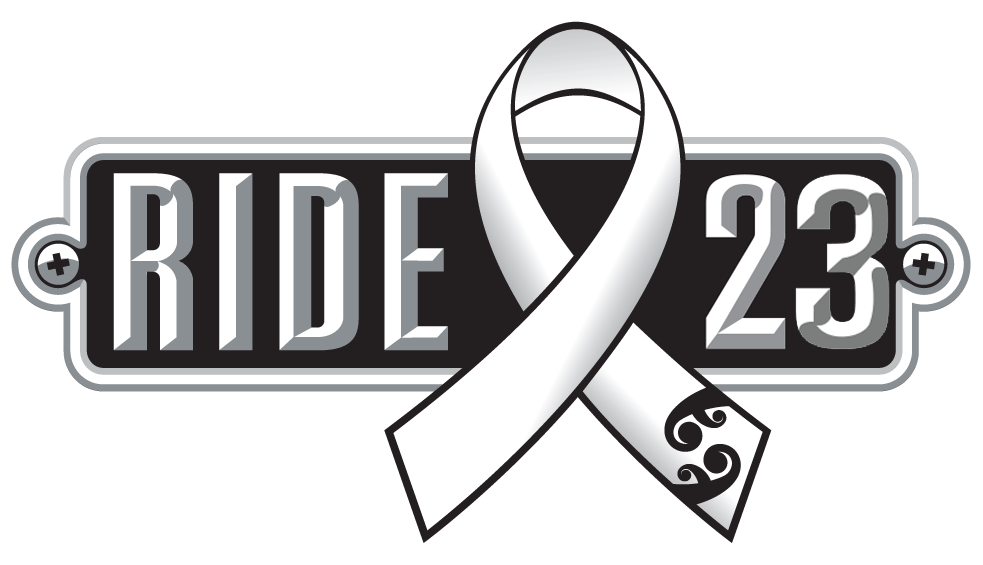Thirteen Steps Men Can Take to Prevent Sexual Violence
Help to change your behaviour | Nine common myths and misconceptions | Practical things men can do
Supporting victims | Thirteen steps men can take | Where to go for help
These are actions men can take to ensure non-violence and sexual consent in their own lives.
1. Think about the sex you have with your partner, or in one-night stands.
Make sure you always have consenting sex. Don’t pressure a woman into having sex. Realise that your strength, size, social role, and age are all factors that can contribute to a woman’s feeling of powerlessness against your pressure for sex. Don’t guilt-trip your partner, expect sex in return for buying dinner, or blackmail your partner with threats about leaving the relationship.
2. Take no for an answer.
The assumption that women say “no” when they really mean “maybe” or “yes” is just that, an assumption. Do not ignore a woman if she says “no” or seems resistant in any way. If she really means “yes” then it’s up to her to communicate her consent. Your partner should always have the right to say no, regardless of your previous sexual relations. And silence doesn’t mean consent. Be clear that she is saying ‘yes’.
3. Talk about sex.
If you are unsure what a partner wants, ask. Say what you want to do and make sure your partner wants to do it too. Discussing mutual expectations and clarifying mixed messages eliminates confusion and greatly reduces the risk of sexual assault. If you are unsure about how your partner is feeling, you could ask, “Is this comfortable?” or “Are you feeling OK about this?”
4. It’s never OK to use force or coercion.
Don’t assume that because a woman wears a sexy dress or flirts, she wants to engage in sexual activity. Realise that women don’t provoke rape by their appearance or by agreeing to go to a man’s room or house. The person responsible for the rape is the person who uses force or pressure.
5. Take responsibility for your sexuality.
Don’t assume that if you are being sexual with a person on one level, you can automatically start being sexual on other levels. Kissing doesn’t mean that intercourse comes next.
6. Avoid excessive use of alcohol or other drugs.
These substances may make you aggressive and impair your ability to think clearly or communicate effectively. Being under the influence of alcohol or drugs is not a defence against criminal behaviour, and rape is a criminal act.
7. Understand how sexual stereotypes influence attitudes and behaviours.
Social roles and expectations may affect a man’s decisions about sex. Some men feel pressured by their peers to have sexual intercourse. Men are also taught that expressing feelings is not why you want to have sex. Learning how to express your feelings directly and in non-violent ways can help you create deeper and more meaningful relationships. You don’t have to prove yourself.
8. Don’t engage in any form of sexual harassment, such as wolf-whistling or unwanted touching.
Women aren’t public property, available for our intrusions. Neither are men.
9. Develop an awareness of the cultural supports for violence against women.
Inform yourself and develop the ability to recognise the myths. When you see sex without consent on TV or in a film, remind yourself that it is rape.
10. Talk to other men about sexual assault.
Start by mentioning something you read, a conversation you had or something you’ve been thinking about.
11. Believe people when they tell you they’ve been raped or harassed or that they know someone who’s been raped or harassed.
Support what they say about it. Don’t ask, “What were you wearing?”
12. Don’t assume that women want or need your ‘protection.’
But support them if they ask, with actions such as walking a woman to her car. If a woman is walking in front of you along a dark street, give her a lot of room or cross to the other side of the road.
13. Take action if you see violence happening.
Intervene or call the police — do something to stop the incident. Get involved in local efforts to end sexual assault. Wherever you work and live, on the street and in your community, do what you can to end sexual assault and harassment.





